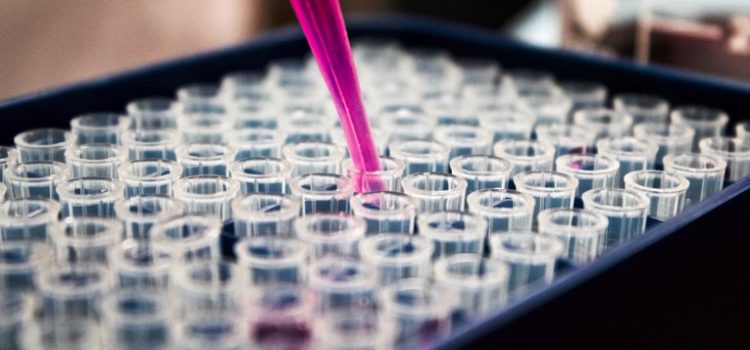

This article is an excerpt from the Shortform book guide to "The Selfish Gene" by Richard Dawkins. Shortform has the world's best summaries and analyses of books you should be reading.
Like this article? Sign up for a free trial here .
What is the main The Selfish Gene criticism? What does Richard Dawkins say about the way scientists think?
The core of The Selfish Gene is that scientists should be thinking in terms of genetic survival, as opposed to the survival of organisms. According to The Selfish Gene criticism, scientists could be thinking too small or too large.
Read on for more about The Selfish Gene criticism of scientists’ perspectives.
The Selfish Gene: Criticism of Scientists
We began with The Selfish Gene criticism that biologists think too large (organisms instead of genes), but it’s also possible that they think too small—that genes have much greater impacts on the world than simply creating bodies to inhabit.
To look at biology in a new way requires that we consider what might be called the extended phenotype. Phenotype typically means the physical effects that genes have on the body they inhabit—for example, blue eyes or long legs. However, it’s not much of a stretch to extend the definition of phenotype beyond the individual, to include the impact on the world. This could be called an extended phenotype.
While phenotype typically refers to a creature’s physical body, genes don’t directly affect such things; rather, they change the internal workings of cells, which eventually leads to different traits in the body. Therefore, saying that the organism’s body—but not its impact on the wider world—is a result of those genes is fairly arbitrary.
Some examples of this extended phenotype could be bird nests and beaver dams. Though it sounds strange to say, there are genes “for” certain building materials and construction styles—phrased another way, there are genes that cause the animals to build structures in those specific ways. Even a lake that was formed by beavers damming a river could be considered part of those beavers’ phenotypes.
It’s easy to see the obvious ways that organisms interact with each other: competing for resources, predation, mating, symbiosis, and so forth. However, with an extended phenotype, it becomes clear that there are countless different ways that organisms—or, more accurately, genes—impact each other and the world around them. The problems and opportunities that arise from this gene-centric view of the world are explored in much greater detail in Dawkins’s book The Extended Phenotype. It’s Richard Dawkins’ attempt to address criticism of The Selfish Gene.
Biologists Often Ask the Wrong Questions
The Selfish Gene criticism is that biologists ask the wrong questions. Many biologists make the mistake of focusing their questions and their studies on the organismal level: They ask why an organism does something, or behaves a certain way. In fact, it’s quite common for biologists to say that DNA and RNA are tools organisms use to replicate themselves—which, in light of what we’ve discussed so far, is the exact opposite of the truth.
Organisms don’t replicate themselves at all (except in the relatively rare case of asexual reproduction). Given that the “purpose” of life is replication, it seems clear that organisms are tools that genes use to replicate themselves.
Starting from the genetic level, then, one might ask why organisms as we know them should exist at all. The simple truth is that organisms don’t have to exist. They exist on Earth because that’s what evolution happened to favor in this particular environment.
It’s helpful to remember that, at the most basic level, we’re dealing with replicators that aren’t so different from those found in the primordial soup eons ago. That’s how you address The Selfish Gene criticism. The only thing that must exist in order for there to be life is some form of replicator molecule. Replication is both the beginning and the purpose of life.

———End of Preview———
Like what you just read? Read the rest of the world's best book summary and analysis of Richard Dawkins's "The Selfish Gene" at Shortform .
Here's what you'll find in our full The Selfish Gene summary :
- Why organisms don't matter, only genes do
- How all life forms begin with a replicating molecule
- How species need to balance aggression and pacifism to survive






